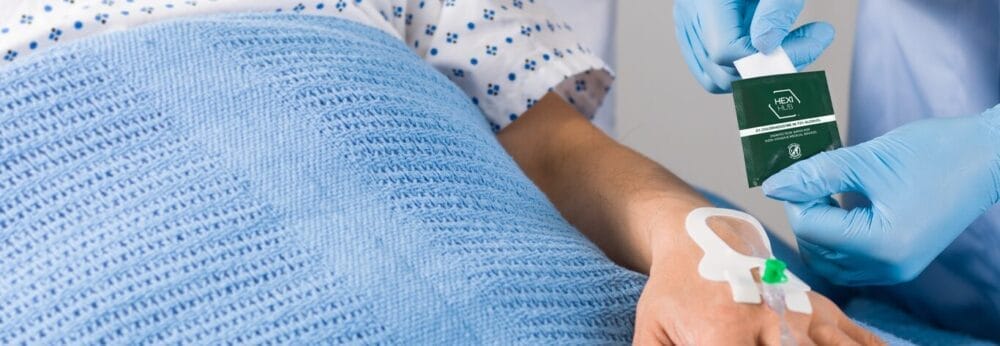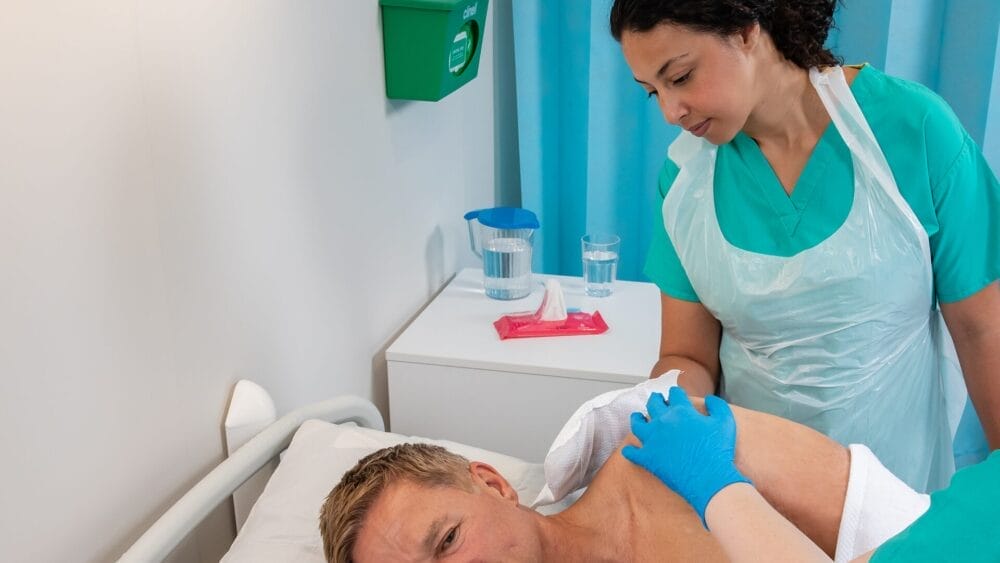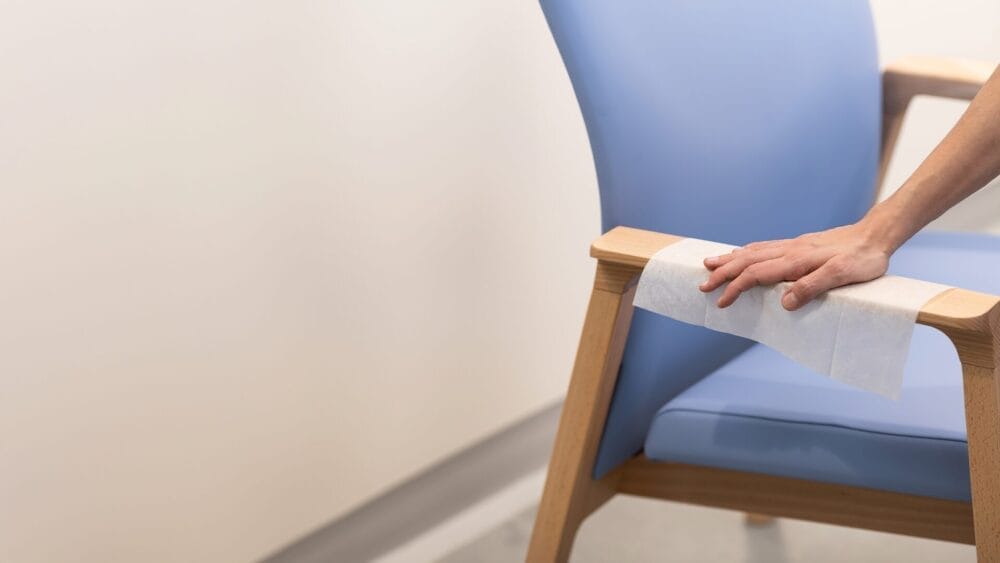Posted
2nd March 2018
Research
An Irish study has identified an established VRE environmental reservoir in the ICU, outside of an outbreak setting. VRE was identified from the ICU environment on 30% of 289 sampling occasions, and a number of patient-environment clusters were identified through molecular typing. A keen focus on the contaminated environment is vital for effective prevention of VRE transmission.
VRE is a Gram-positive pathogen with the capacity to survive on dry environmental surfaces for literally years. There is strong epidemiological evidence that the contaminated environment contributes to the transmission of VRE in clinical settings: being admitted to a room previous used by a patient increases the risk of the next occupant of the same room acquiring VRE.This study from Ireland presents a comprehensive survey of patient colonisation and environmental contamination with VRE. The team launched an active surveillance programme for VRE colonisation and also took the opportunity to perform prospective surveillance of the environment. VRE colonisation of patients and the environment was common, being detected on 30% of the sampling occasions. Of the 1,647 environment samples collected, 107 sites (6.5%) grew VRE; VRE was (unsurprisingly) more common in isolation rooms (9%) than in open-plan areas (4%). However, the frequent discovery of VRE outside of isolation rooms is concerning. Genotying of the isolates involved identified likely transmission from patients to the environment, and from the environment to patients.These findings reinforce the importance of contamination of the hospital environment in the transmission of VRE, and argue for enhanced cleaning and disinfection to reduce VRE transmission.
SHARE THIS ARTICLE
Tags
Latest News
Embracing sustainability and cost savings: The journey of Clinell Indicator Notes to paper-based solutions
At GAMA Healthcare, we’ve always prided ourselves on being at…
Introducing HEXI HUB: A seamless transition in our product line
We’re pleased to announce an update to our product offering…
Innovative solutions for tackling Carbapenemase-producing Enterobacteriaceae (CPE) at King’s College Hospitals
King’s College Hospital NHS Foundation Trust, one of London’s largest…
Gloves Off: reducing unnecessary plastic waste during environmental cleaning and disinfection
In this blog, Dr Phil Norville discusses the momentum-gaining ‘Gloves…




